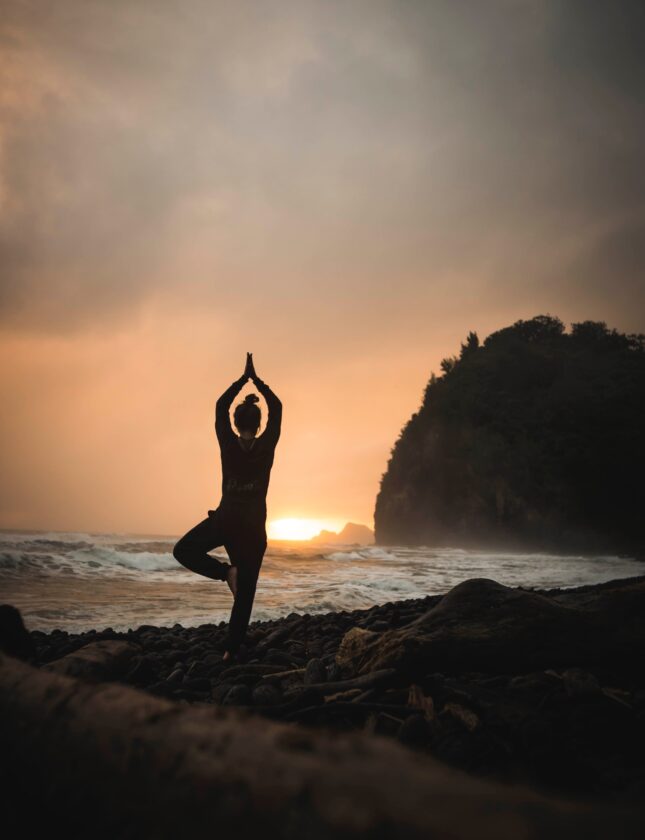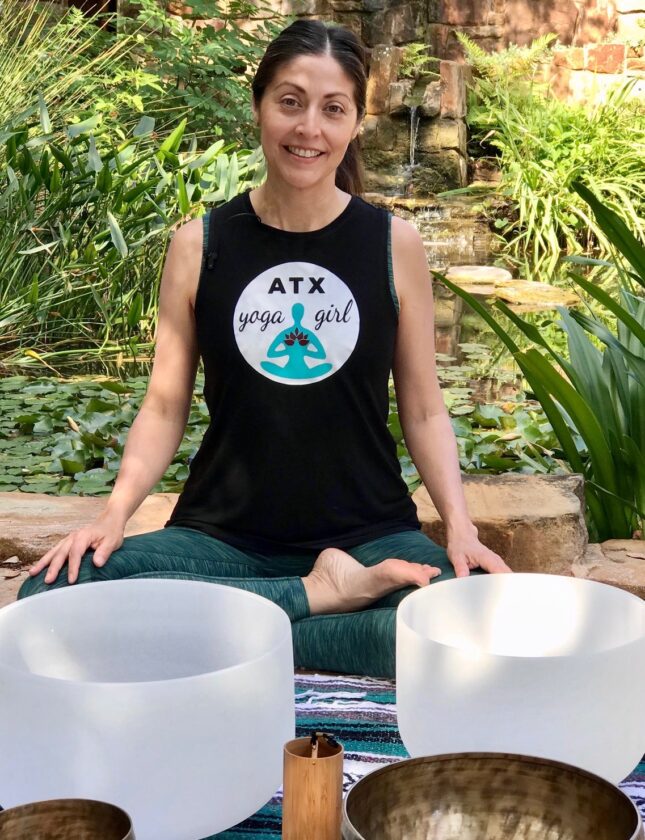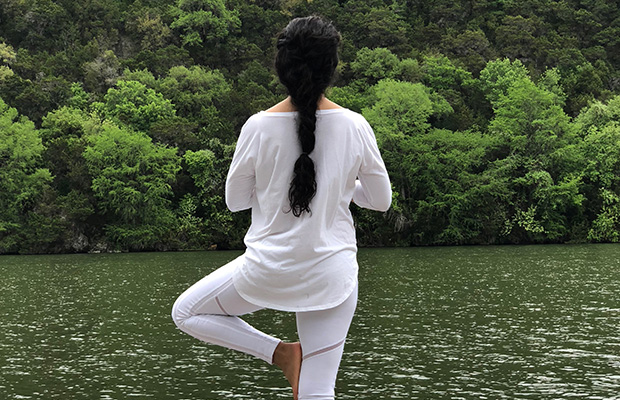Take a deep breath. Hold it for a moment, and then exhale. Feel more relaxed? Breathing exercises are one way to relax.
Today we are sharing with you some tips from Michigan Medicine at the University of Michigan on how to relax your mind and body.
Being relaxed can help ease stress. It can also relieve anxiety, depression, and sleep problems.
• To relax means to calm the mind, the body, or both.
• Relaxing can quiet your mind and make you feel peaceful and calm. Your body also reacts when you relax. For example, your muscles may be less tense and more flexible.
• There are different ways to relax. You may find one or more ways help to calm you down and feel at peace.

How can you relax your mind and body?
There are lots of ways to relax. Some ways are designed to relax your mind and some to relax your body. But because of the way the mind and body are connected, many relaxation methods work on both the mind and the body.
You may want to try one or more of the following relaxation tips to see what works best for you.
Relaxing the mind
• Take slow, deep breaths. Or try other breathing exercises for relaxation. Check out: Stress Management: Breathing Exercises for Relaxation
• Soak in a warm bath.
• Listen to soothing music.
• Practice mindful meditation. The goal of mindful meditation is to focus your attention on things that are happening right now in the present moment. For example, listen to your body. Is your breathing fast, slow, deep, or shallow? Do you hear noises, such as traffic, or do you hear only silence? The idea is just to note what is happening without trying to change it.
• Write. Some people feel more relaxed after they write about their feelings. One way is to keep a journal.
• Use guided imagery. With guided imagery, you imagine yourself in a certain setting that helps you feel calm and relaxed. You can use audiotapes, scripts, or a teacher to guide you through the process.

Relaxing the body
• Do yoga. You can get books and videos to do at home or take a yoga class.
• Try progressive muscle relaxation. This process involves tensing and relaxing each muscle group. Progressive muscle relaxation can reduce anxiety and muscle tension. If you have trouble falling asleep, this method may also help with your sleep problems. When you relax your muscles, your body gets the signal that it is okay to fall asleep.
• Take a walk or do some other activity. Making time to do things you enjoy can also help you relax.
• Get a massage or have someone give you a back rub.
• Have a warm drink that doesn’t have alcohol or caffeine in it, such as herbal tea or warm milk.
This article was shared from Michigan Medicine at the University of Michigan. This health information was not created by the University of Michigan Health System (UMHS) and may not necessarily reflect specific UMHS practices. For medical advice relating to your personal condition, please consult your doctor.

















